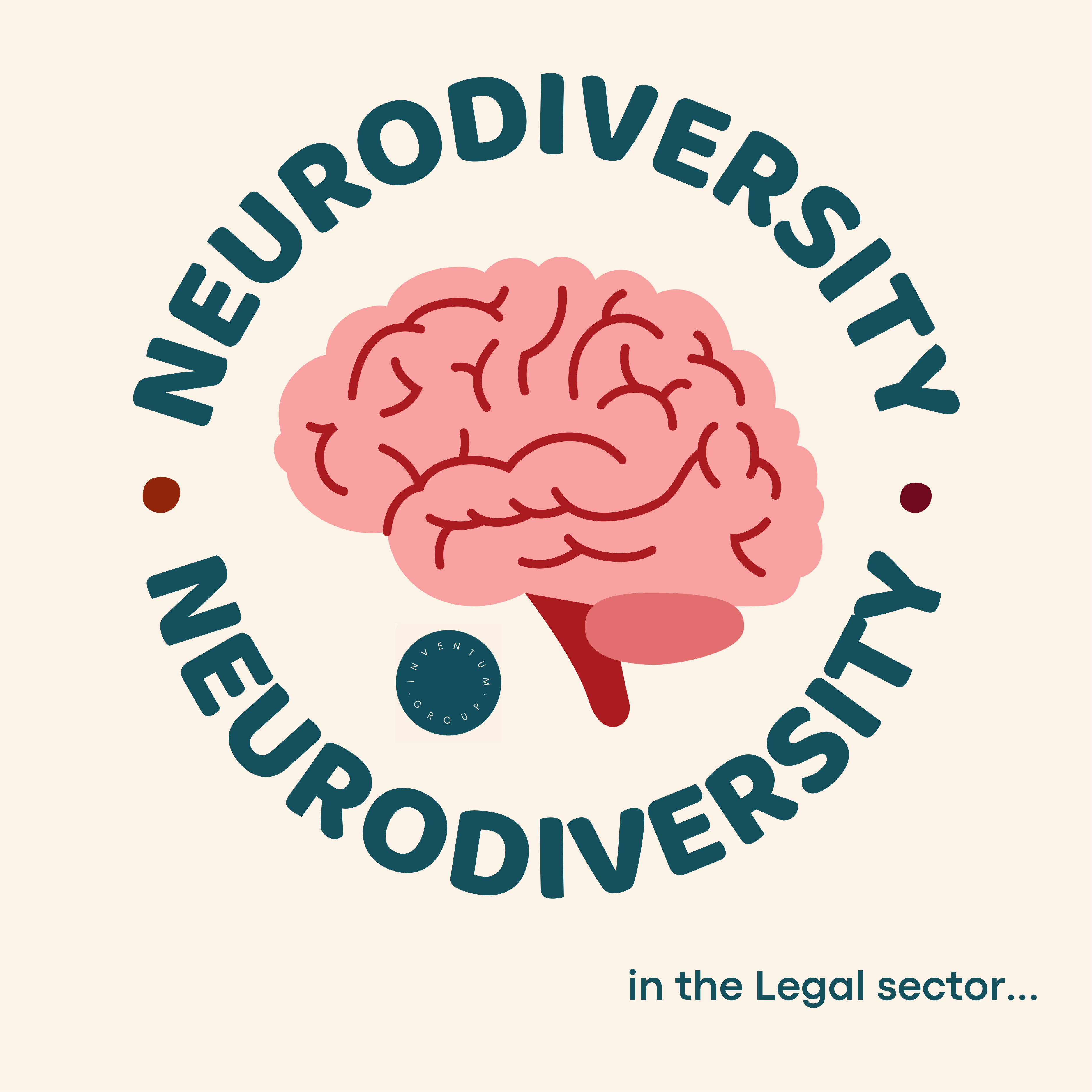The legal profession thrives on sharp thinking, problem-solving, and attention to detail, qualities that many neurodivergent individuals bring in abundance. But despite their strengths, too many talented professionals face barriers before they even step through the door. Traditional hiring processes, from one-size-fits-all interviews to unconscious biases, can make it harder for neurodivergent candidates to showcase their skills. The result? Law firms could be missing out on exceptional talent simply because the system isn’t built to recognise it.
The statistics highlight the urgency for change. Only 3% of UK lawyers have disclosed a disability, compared to 13% of the general workforce, pointing to significant underrepresentation. More concerning is that 76% of neurodivergent legal professionals choose not to disclose their neurotype, fearing discrimination—an anxiety that is well-founded, as 51% have reported direct experiences of bias within the legal sector. These numbers underscore the need for a shift in recruitment and workplace culture.
We are so fortunate that all of our clients want to foster an inclusive workplace, and often we advise on how to edit the recruitment process to do this. Here’s what we tell them:
Job Descriptions: Clarity and Accessibility
Use clear, concise language: Avoid jargon, although common in the legal sector, complex phrasing that might be difficult for some neurodivergent candidates to interpret.
Highlight flexibility:Explicitly state that reasonable adjustments are available throughout the recruitment process.
List skills objectively: Focus on essential skills rather than rigid personality traits (e.g., "excellent analytical skills" instead of "strong interpersonal skills").
Avoid unnecessary requirements: Do not overemphasise academic achievements or traditional career paths if they are not essential for the role.
Application Process: Removing Barriers
Offer multiple application formats: Allow candidates to submit applications via video, audio, or written responses.
Minimize time pressure: Avoid strict time limits on written applications or assessments.
Provide clear instructions: Clearly outline each step of the application process in advance.
Enable self-identification: Allow candidates to disclose neurodivergence voluntarily and outline available adjustments.
Assessment Methods: Practical and Fair
We cannot stress this enough,move beyond the traditional interview
Structured interviews can be challenging for neurodivergent candidates, especially those with social anxiety or processing differences. Instead:
Use practical tasks: Assess skills through legal writing samples, case studies, or document analysis rather than abstract questioning.
Provide questions in advance: Giving candidates time to prepare reduces anxiety and allows for better responses.
Consider alternative formats: Written Q&A, asynchronous video interviews, or work simulations can provide a more accurate assessment of skills.
Use structured, clear questioning: Avoid ambiguous or hypothetical questions that may be difficult to interpret.
Interview Process: Creating a Supportive Environment
Offer choice in interview format: Virtual, in-person, or text-based interviews can accommodate different communication preferences.
Allow for breaks: Long interviews can be overwhelming, so offer scheduled breaks if needed.
Be mindful of sensory sensitivities: Ensure a quiet, distraction-free environment for interviews.
Encourage note-taking: Allow candidates to take notes or refer to prepared materials.
Train interviewers: Educate hiring managers on neurodiversity to prevent bias and improve understanding.
Onboarding and Retention: Ensuring Long-Term Success
Personalized onboarding: Provide a structured, step-by-step introduction to firm policies, expectations, and team dynamics.
Assign a mentor or buddy: A support system helps neurodivergent employees navigate workplace culture.
Flexible working arrangements: Consider remote work options, adjustable hours, or sensory-friendly office spaces.
Regular feedback and open communication: Offer consistent, clear feedback in a preferred format (e.g., written over verbal).
Encourage self-advocacy: Create a workplace where employees feel safe discussing their needs and requesting accommodations.
We're running an hour long webinar Neurodiverstiy @ Work in April - Regiser for your FREE ticket here
